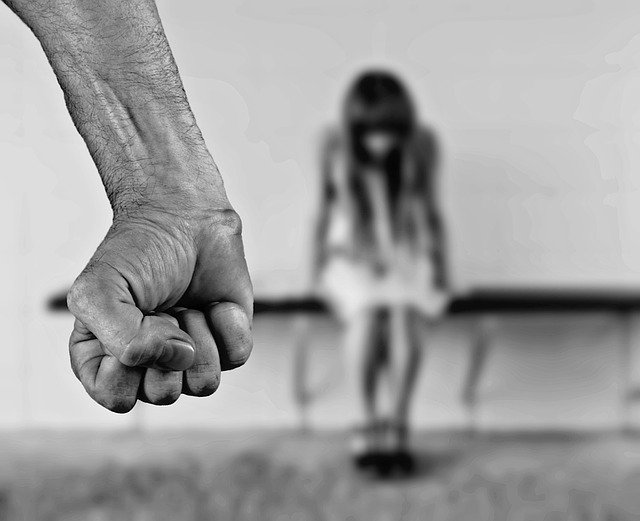Child abuse charges can be pretty complicated in Michigan. Yes, we know, it doesn’t seem like a complicated subject, but there’s a lot you need to know in order to understand how our system works here in the Great Lakes State. So, because we find ourselves explaining this to a lot of our clients who are charged with child abuse, we figured we’d break it down for our readers. That way, if you’re ever up against a child abuse charge (and we sincerely hope you never are!) you’ll have a better idea of what’s going on, right from the start.

Understanding Child Abuse Charges in Michigan: What You Need to Know
Being charged with child abuse in Michigan can be overwhelming—and for good reason. These charges are serious, often complicated, and can have devastating effects on your life, your family, and your future. At The Kronzek Firm, we routinely explain Michigan’s child abuse laws to clients who are facing these accusations, and we want to make sure you have the right information, too.
Here’s a straightforward guide to how child abuse is defined and charged in Michigan.
What Counts as “Child Abuse” Under Michigan Law?
Under Michigan law, almost any act—or failure to act—that results in harm or danger to a child can be charged as child abuse. Even what some might call child neglect is prosecuted under the child abuse statute.
Whether it’s:
- Physically harming a child,
- Failing to meet their basic needs,
- Or placing them in a situation where harm is likely,
…it’s almost always charged as some degree of child abuse under MCL 750.136b.
Are There Any Exceptions?
Yes—there are two notable exceptions:
- Sexual offenses against children (e.g., molestation, child pornography, or rape) are charged separately under Michigan’s criminal sexual conduct (CSC) statutes.
- OWI Child Endangerment is charged when someone drives under the influence of drugs or alcohol with a child in the vehicle. While it involves endangering a child, it falls under Michigan’s OWI laws, not child abuse laws.
The Four Degrees of Child Abuse in Michigan
Michigan breaks child abuse into four degrees, based on severity and intent:
First-Degree Child Abuse (MCL 750.136b(2))
- Involves intentionally causing serious physical or mental harm to a child.
- Examples: broken bones, burns, head injuries, or internal trauma.
- Penalty: Up to life in prison.
If the child dies, prosecutors may pursue homicide charges.
Second-Degree Child Abuse (MCL 750.136b(3))
- Involves either intentional omission (failing to provide food, shelter, or medical care) that results in serious harm, or cruel, brutal, or reckless behavior toward the child.
- Penalty: Up to 10 years in prison for a first offense.
Third-Degree Child Abuse (MCL 750.136b(5))
- Applies when someone knowingly or intentionally harms a child, even if the harm is less severe than in first- or second-degree cases.
- Penalty: Up to 2 years in prison.
Fourth-Degree Child Abuse (MCL 750.136b(7))
- Covers reckless or intentional behavior that could have harmed a child, even if no actual harm occurred.
- Often charged as a misdemeanor.
- Penalty: Up to 1 year in jail.
Why These Charges Matter
Even the lowest degree of child abuse is a serious criminal offense. A conviction can lead to:
- Jail or prison time
- Loss of parental rights
- Termination of professional licenses
- Registration on Michigan’s Central Registry (child abuse and neglect list)
- Permanent damage to your reputation and employment prospects
And if CPS gets involved—as they often do—you may also face a family court battle over custody, parenting time, or even the permanent removal of your children from your home.
Facing Child Abuse Allegations? Get Help Immediately.
Child abuse charges in Michigan are complex and emotionally charged. Prosecutors and CPS workers move quickly—and often assume guilt before getting the facts.
That’s where we come in.
At The Kronzek Firm, we have decades of experience defending clients accused of abuse and neglect across Michigan. We understand the criminal justice system, how CPS operates, and how to build a strong, strategic defense.
📞 Call us at (866) 766-5245 for a free and confidential consultation. We are available 24/7, including nights, weekends, and holidays, because we know emergencies don’t wait for business hours.
You don’t have to face this alone. Protect your rights, your children, and your future—starting now.
